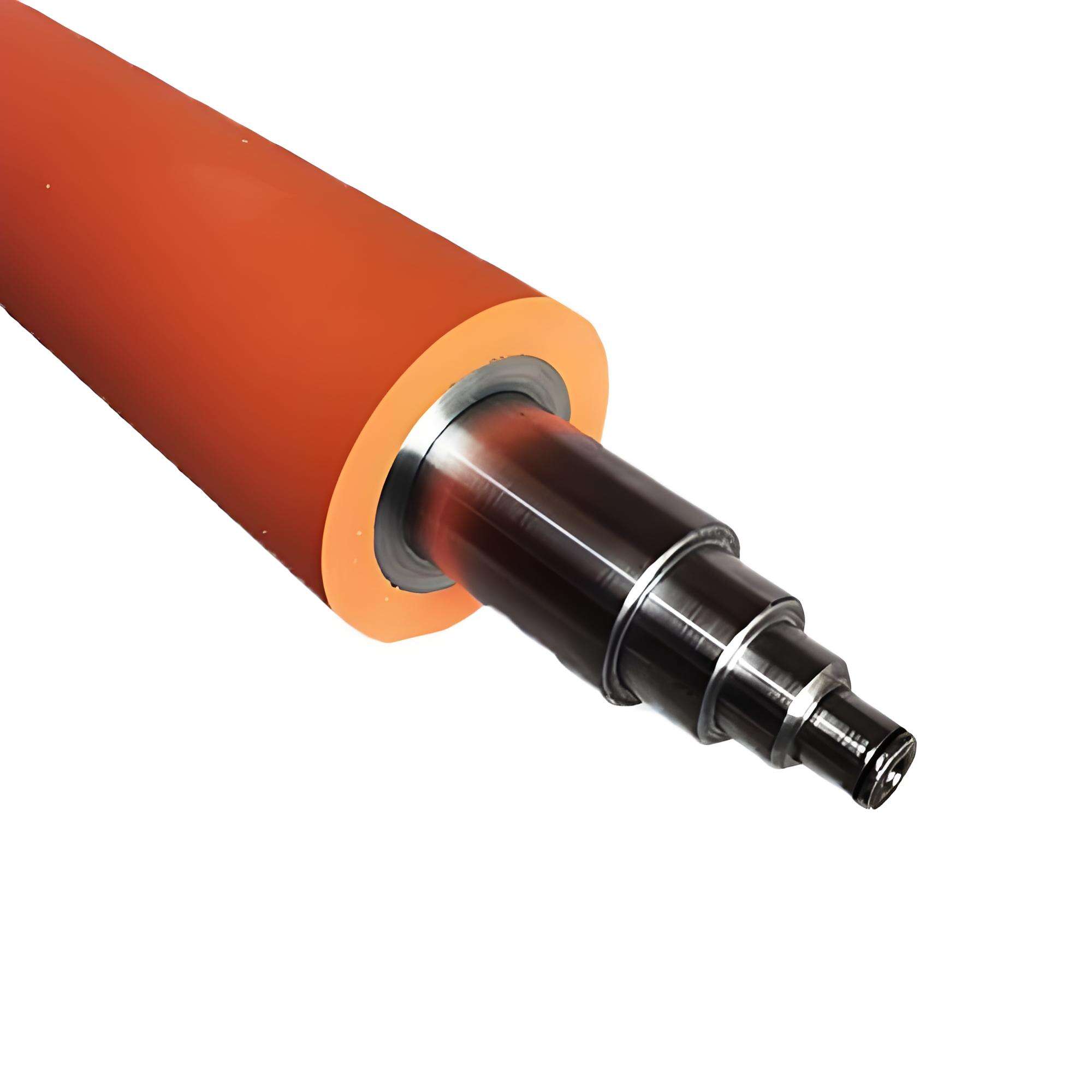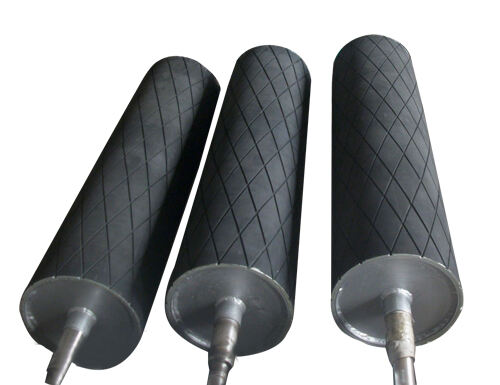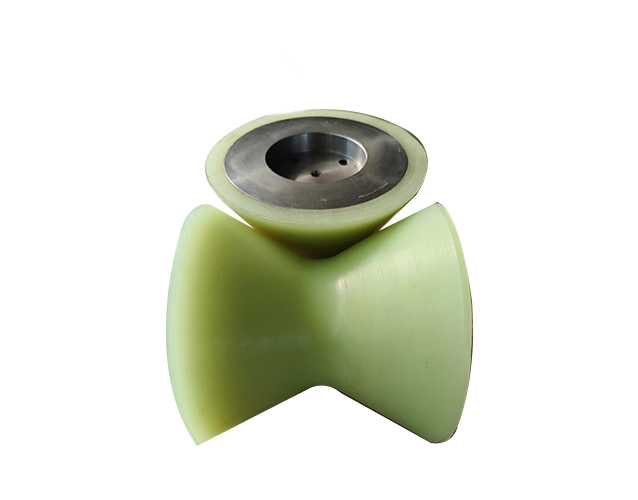pu rubber roller
The PU rubber roller is an essential industrial component that combines the durability of polyurethane with precision engineering. These rollers feature a specialized polyurethane coating bonded to a metal core, creating a versatile tool for various manufacturing and processing applications. The unique molecular structure of PU rubber provides exceptional wear resistance while maintaining optimal elasticity, making it ideal for continuous operation in demanding environments. These rollers are designed to handle diverse materials, from paper and textiles to metal and plastic, with consistent performance and minimal maintenance requirements. The manufacturing process involves sophisticated molding techniques that ensure uniform density and hardness across the roller's surface, resulting in reliable material handling and processing capabilities. Engineers can customize the shore hardness, diameter, and surface patterns to meet specific application requirements, offering solutions for industries ranging from printing and packaging to metal processing and conveyor systems. The PU rubber roller's chemical resistance properties make it suitable for environments where exposure to oils, chemicals, and other industrial substances is common, while its non-marking characteristics protect processed materials from damage or discoloration.


